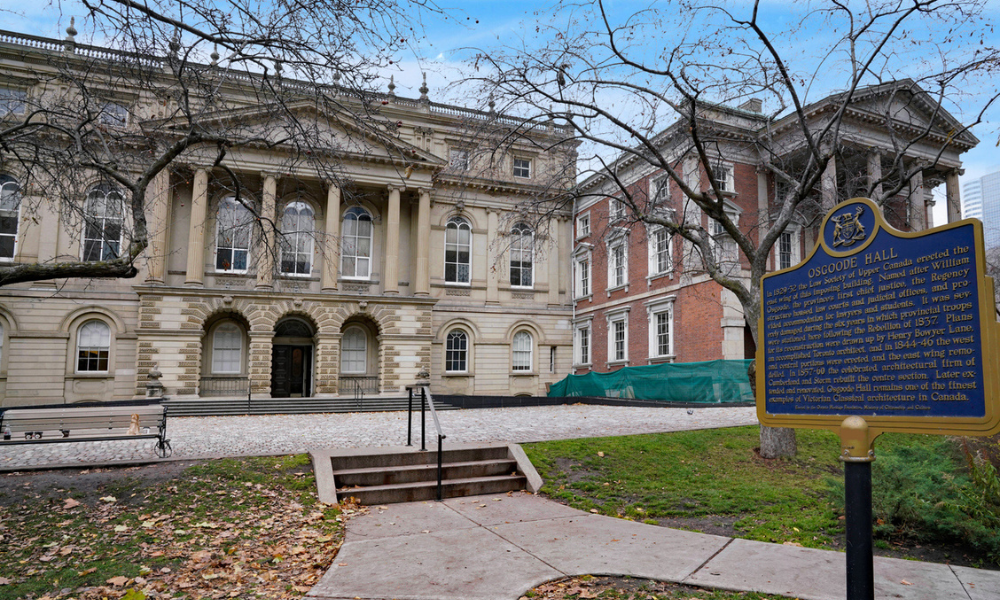The case involved bankruptcy and foreign recognition proceedings in the United States

The Ontario Superior Court of Justice has dismissed a motion seeking the appointment of a plaintiff to represent the interests of all Canadian personal injury claimants in foreign recognition proceedings.
In Paladin Labs Canadian Holding Inc., 2024 ONSC 219, Jean-François Bourassa initiated the motion on behalf of the Québec Opioid Class Action plaintiffs. Bourassa sought a representation order under the Companies’ Creditors Arrangement Act (CCAA) to appoint her as the representative for all Canadian personal injury claimants in the foreign recognition proceedings and related cases under Chapter 11 of the United States Bankruptcy Code.
The case started when Endo Group, a global specialty pharmaceutical company, faced significant legal and financial challenges, particularly related to the marketing and sale of opioid products. The group's financial difficulties, exacerbated by a leveraged capital structure and declining performance, led to Chapter 11 bankruptcy proceedings in the United States and CCAA proceedings in Canada.
Paladin Labs Inc., the Canadian operating entity within the Endo Group, has been central to these proceedings due to its connection to the opioid lawsuits and the group's financial restructuring.
The Ontario Superior Court of Justice considered the issues presented, focusing on whether the interests of Canadian personal injury claimants were adequately represented in the ongoing proceedings and whether the appointment of a specific CCAA representative and counsel was necessary and appropriate.
The court concluded that the interests of the claimants are already represented in both the CCAA and Chapter 11 proceedings, thereby negating the need for the appointments requested by the motion. The court emphasized that existing legal and procedural frameworks provide sufficient representation and avenues for claimants to participate and seek redress in the restructuring process.
The court's analysis highlighted the significant engagement of stakeholders, including the Official Committee of Opioid Claimants (OCC), which has acted as a fiduciary for all claimants, including those in Canada. It noted the extensive negotiations and settlements reached, which aim to establish a trust for the benefit of opioid claimants, offering a pathway to compensation despite the Endo Group's financial constraints.
Ultimately, the court concluded that the plaintiff sought relief brought in the Chapter 11 cases. The court was not convinced that the plaintiff must be appointed as CCAA representative on behalf of all Canadian personal injury claimants to advance their arguments.









